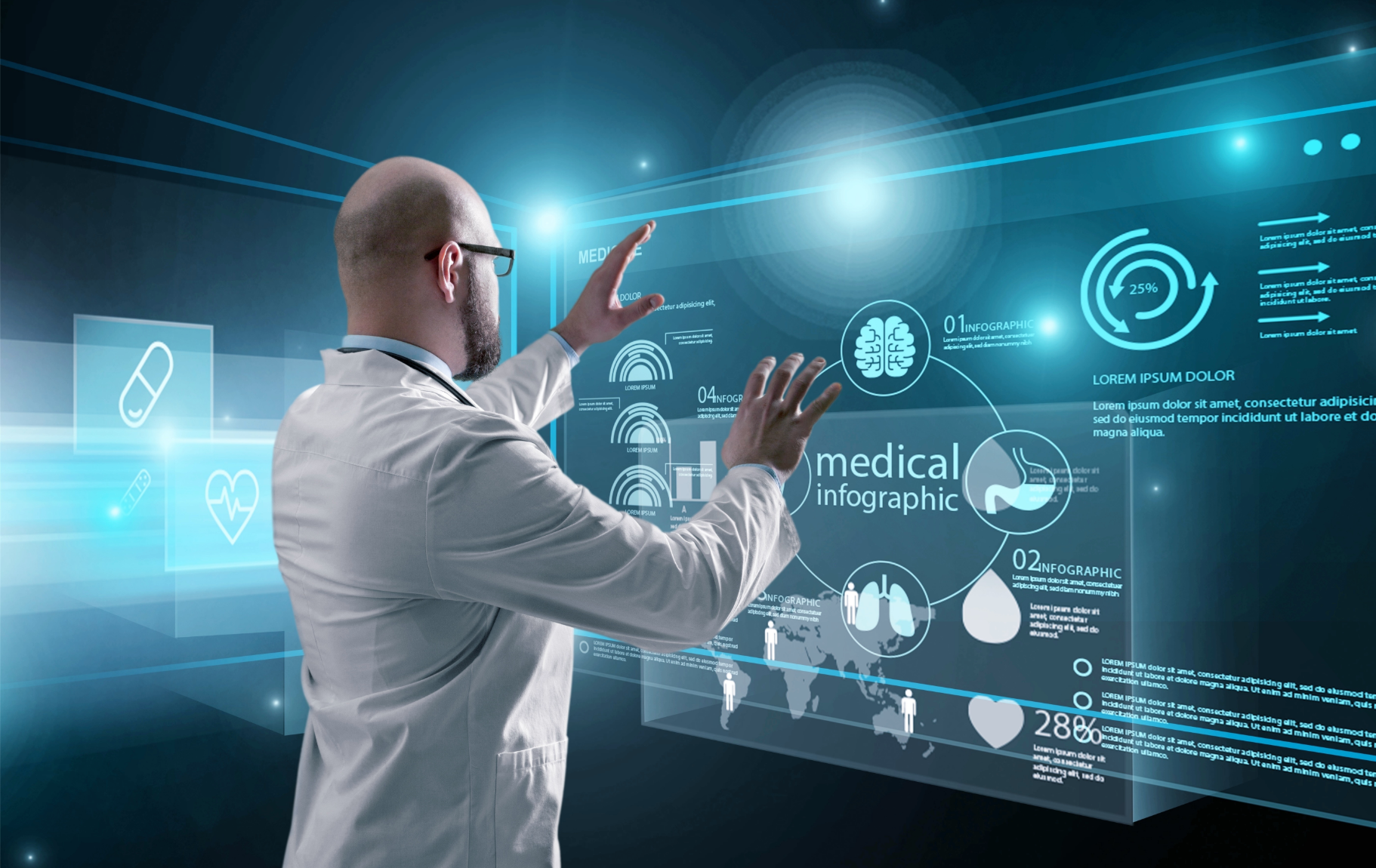In the ever-evolving landscape of healthcare, Artificial Intelligence (AI) has emerged as a revolutionary force, transforming the way medical services are delivered. With the integration of intelligent solutions, healthcare providers are experiencing groundbreaking advancements that not only enhance efficiency but also improve patient outcomes. This article delves into the realm of AI in healthcare, exploring how intelligent technologies are reshaping the medical field.
I. Understanding AI in Healthcare
In this section, we will explore the fundamental concepts of AI in healthcare, elucidating the core technologies driving this transformation. From machine learning algorithms to natural language processing, we will dissect the technical aspects behind intelligent healthcare solutions.
II. AI Applications in Diagnosis and Treatment
One of the most significant impacts of AI in healthcare is its role in diagnosis and treatment planning. This section will discuss various AI applications, such as image recognition and predictive analytics, enabling accurate and timely diagnosis. Readers will gain insights into how AI algorithms analyze medical data, leading to more precise treatment strategies.
A. Image Recognition in Diagnostics
B. Predictive Analytics for Treatment Planning
III. AI-driven Personalized Medicine
Personalized medicine is a key area where AI shines brightly. Through genetic analysis and data-driven algorithms, healthcare professionals can tailor treatments according to an individual’s genetic makeup. This section will elucidate the concept of personalized medicine and how AI is revolutionizing patient care by providing customized treatment plans.
IV. Enhancing Patient Care and Engagement
AI-driven solutions are not just limited to clinical settings; they are also enhancing the overall patient experience. Chatbots, virtual assistants, and wearable devices equipped with AI capabilities are fostering patient engagement and empowering individuals to take control of their health. This section will discuss these innovations and their positive impact on patient care.
A. AI-powered Chatbots for Patient Queries
B. Wearable Devices and Remote Monitoring
V. Ethical and Privacy Considerations
With great power comes great responsibility. This section will address the ethical implications surrounding AI in healthcare. Topics such as data privacy, security, and the responsible use of AI will be explored, shedding light on the importance of ethical practices in the implementation of intelligent healthcare solutions.
VI. Conclusion
In conclusion, AI in healthcare is not just a technological advancement; it is a paradigm shift in the medical field. By harnessing the power of intelligent solutions, healthcare providers can deliver more accurate diagnoses, personalized treatments, and improved patient experiences. As AI continues to evolve, its potential to revolutionize healthcare remains limitless.
Adaptive Optical Neural Network: Continuous Learning with Photonic Processors
Frequently Asked Questions (FAQs)
Q1. How is AI improving diagnostic accuracy in healthcare?
AI algorithms analyze vast amounts of medical data, enabling precise and timely diagnoses, improving overall accuracy.
Q2. What role do chatbots play in patient engagement?
Chatbots provide instant responses to patient queries, enhancing engagement, and ensuring individuals have access to healthcare information 24/7.
Q3. Are there any privacy concerns associated with AI in healthcare?
Yes, data privacy is a significant concern. Ethical practices and robust security measures are crucial to address these concerns and protect patient information.
Q4. Can AI personalize treatment plans for patients?
Absolutely. AI analyzes genetic data and other factors to create personalized treatment plans, ensuring tailored healthcare solutions for individuals.
Q5. What is the future of AI in healthcare?
The future of AI in healthcare is promising, with ongoing advancements in areas like predictive analytics, robotic surgery, and AI-assisted drug discovery, paving the way for more effective treatments and improved patient outcomes.



